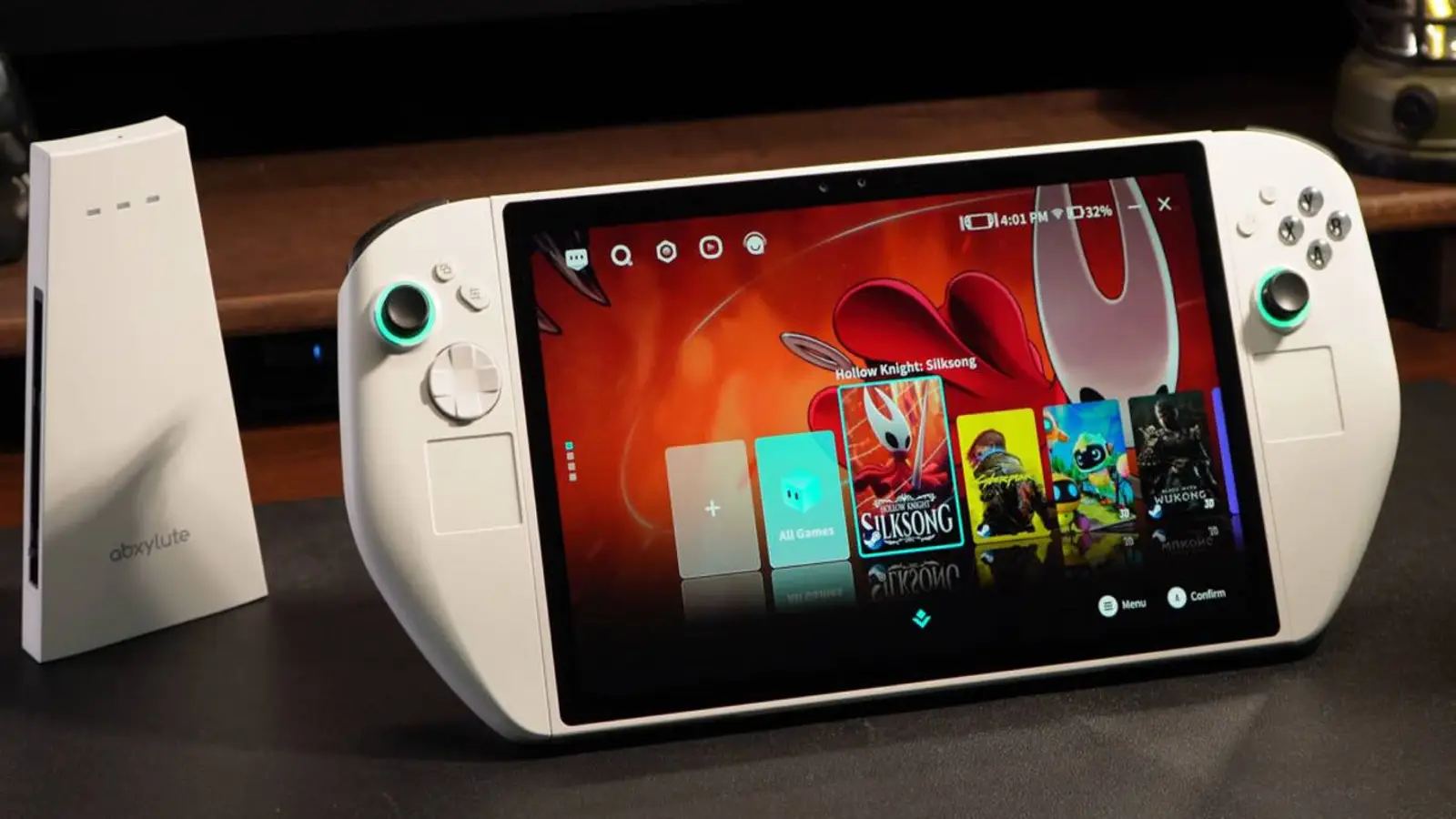Abxylute 3D One specs and price: a glasses-free 3D handheld
Discover Abxylute 3D One: a glasses-free 3D handheld with eye tracking, Intel Core Ultra 7, Arc Graphics, 10.95-inch display, Win 11, $1299 early price.
Discover Abxylute 3D One: a glasses-free 3D handheld with eye tracking, Intel Core Ultra 7, Arc Graphics, 10.95-inch display, Win 11, $1299 early price.

© Abxylute
Abxylute has officially revealed the specs of its 3D One portable console—one of the year’s most unusual gaming devices. The model is geared toward mobile gaming and multimedia, but its calling card is a 10.95-inch glasses-free 3D display. The system uses an RGB camera alongside a dedicated IR camera for eye tracking, switching the screen into stereo mode once it locks onto the user’s face. The display is built on a parallax layer that engages only when your line of sight precisely aligns, which, on paper, should keep depth stable even as you move.
Performance comes from an Intel Core Ultra 7 258B paired with Intel Arc Graphics 140B—a pre-release chip on the Lunar Lake architecture that has already surfaced in leaks. The configuration includes 32 GB of LPDDR5X memory and a 1 TB PCIe 4.0 SSD, all running Windows 11 Home. Power is supplied by a 50 Wh battery, and charging is handled by a 100 W GaN adapter. There’s TDP control up to 30 W, the kind of tuning enthusiasts tend to appreciate.
The hardware design stands out as well: attachable controllers turn the device into a full-fledged handheld, and when you detach them, you’re essentially holding a tablet. As for ports, you get Thunderbolt 4, USB-C, USB-A 3.2 Gen1, a microSD UHS-II slot, a mini-jack, and a magnetic connector for a keyboard. The unit also includes two speakers and Wi‑Fi 6E.
Abxylute says it will support native 3D games and automatically convert 2D content, including movies and photos. Around 50 games are set to be optimized at launch. Early buyers can place a $150 deposit and get the console for $1299, while the standard Kickstarter price will be $1499. The company plans a first limited run of about 80 units this year, suggesting a measured rollout to start.